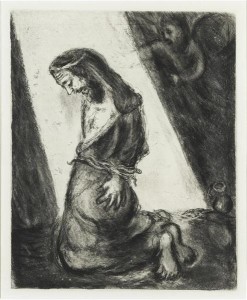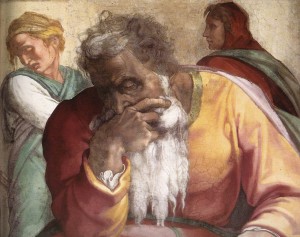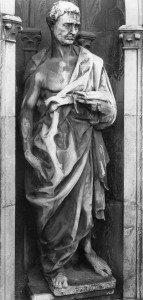Jeremiah 8:18-9:1
This text is used for the Lectionary Year C on September 18th, 2016.

The lament alone is why Jeremiah has been nicknamed the “Weeping Prophet.” Chapter eight is a prophetic poem is the source of the well-known spiritual There is a Balm in Gilead. The “balm” is healing medicine mentioned briefly in Genesis when a caravan of Ishmaelite’s traveling from Gilead to Egypt with a gum-like substance used to close and bind wounds (Gen 37:25). The rhetorical question “Is there a balm in Gilead?” is used to explore the depth of a spiritual and moral crisis in the Israelite community.
The mixture of God’s anguish and the grieving community in Jerusalem are interwoven in a lyrical mourning of the terror to come. In the face of demoralization and suffering, this lament has stood the test of time because these words touch the deepest parts of all humanity. The humanity of Jeremiah is evident through his own grief and depression. Jeremiah is lamenting for the community and for the God of his people. He is holding the tension between God’s anger and sadness and the profound loss of that Israel is and will continue to experience.



